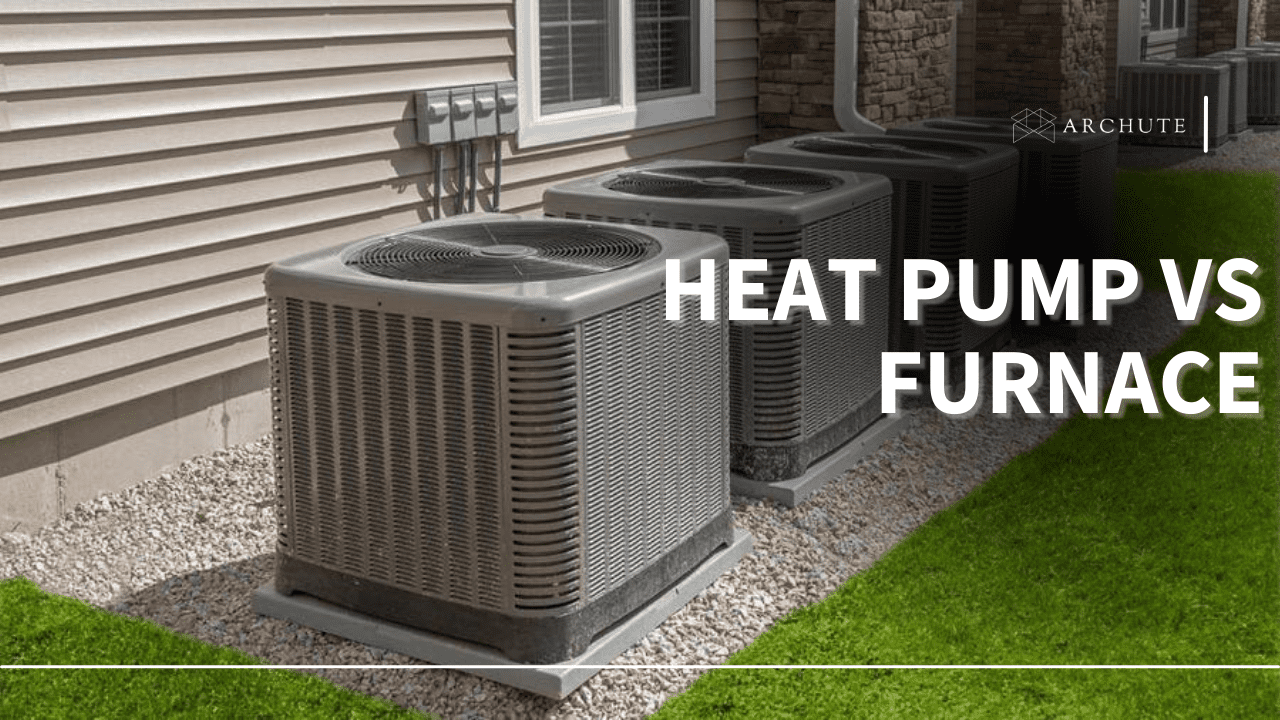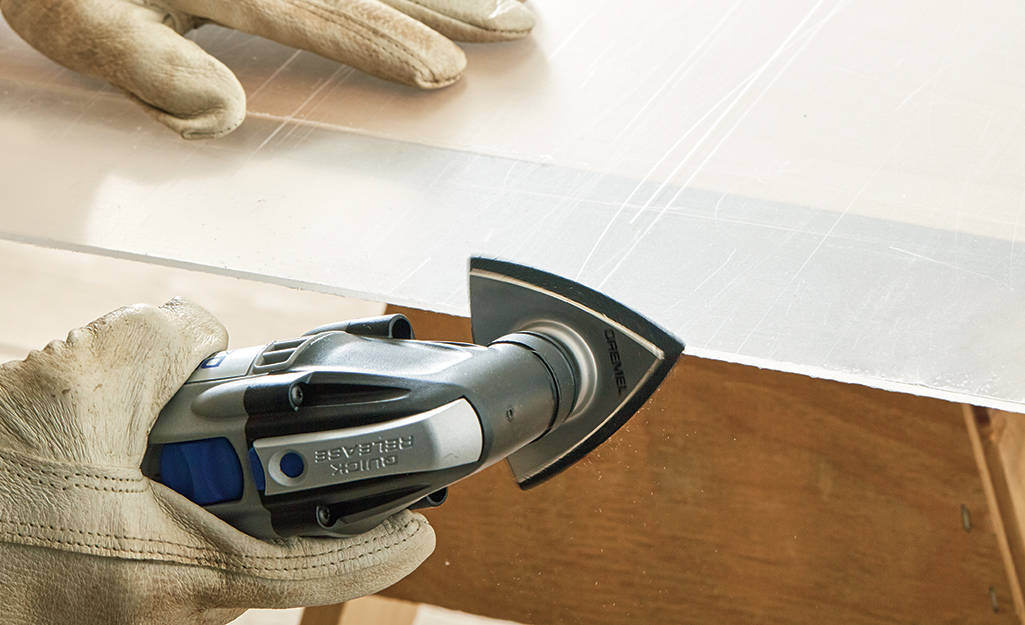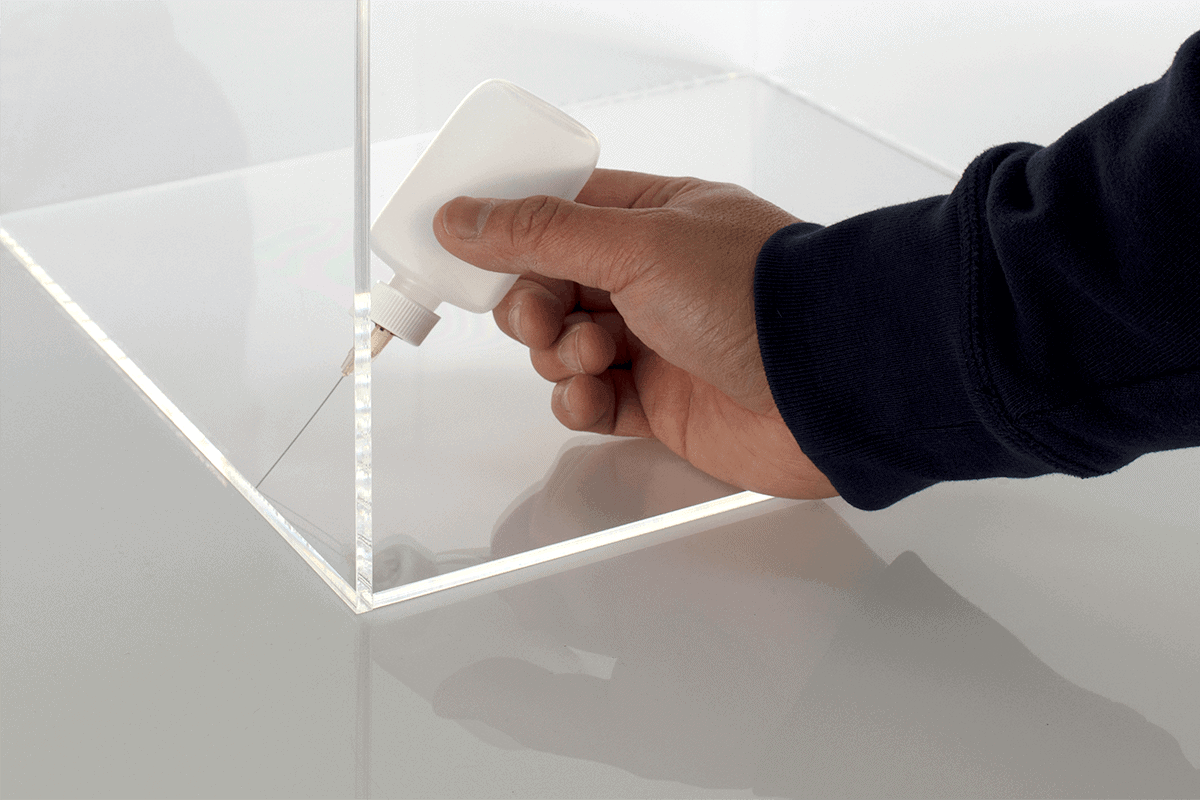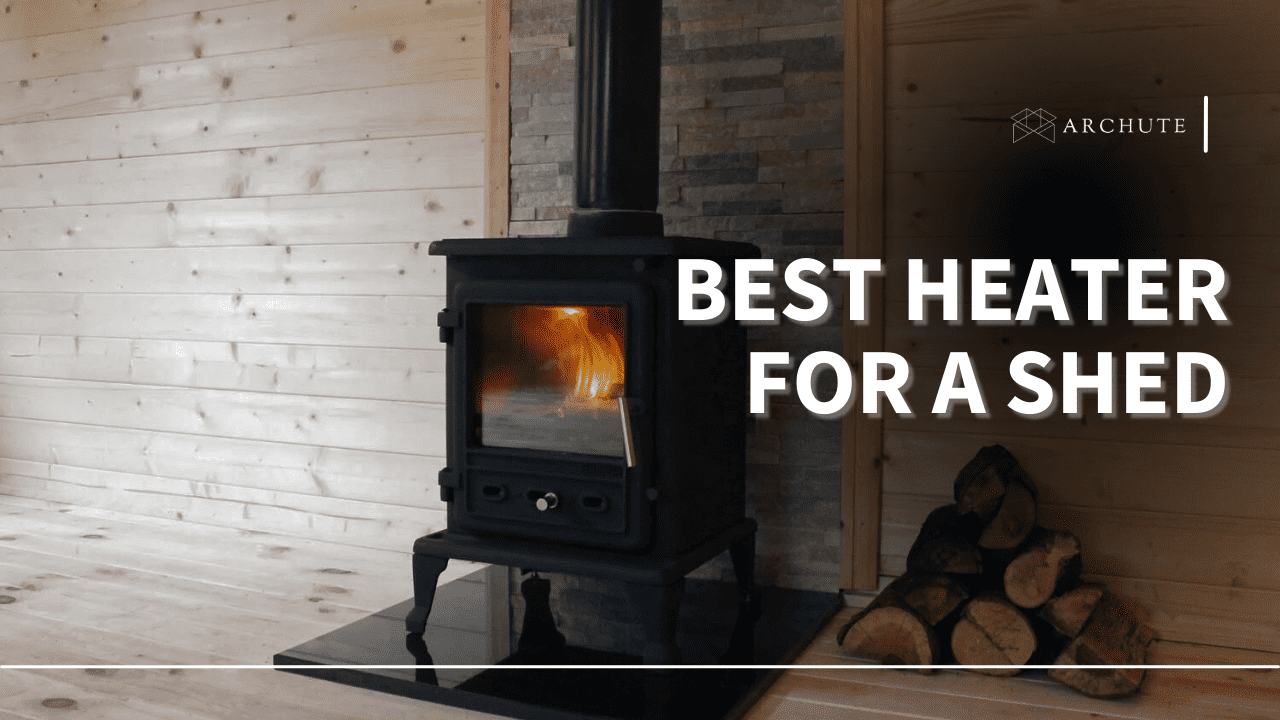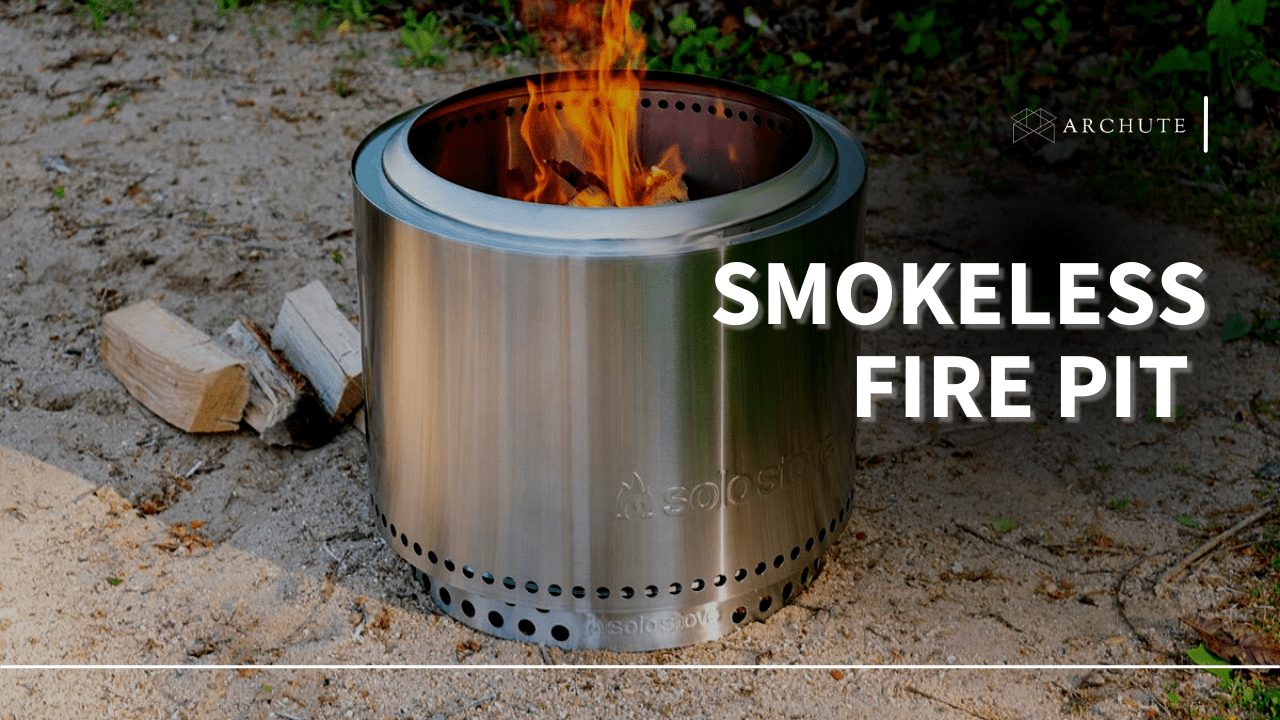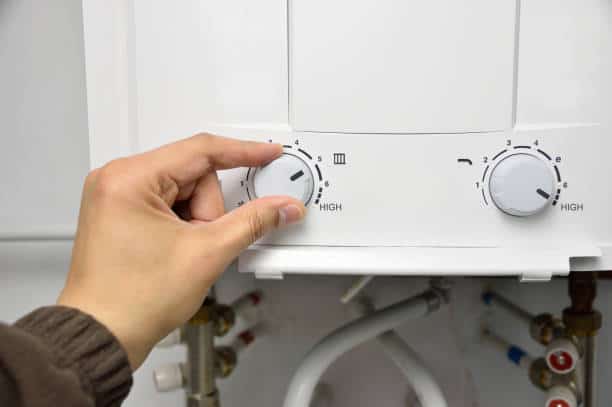When it comes to controlling the temperature in your home, which system works better, the heat pump vs. furnace?
Good question!
Though heat pumps and furnaces warm indoor air, they differ in terms of heating capability, maintenance requirements, space usage, energy efficiency, and cost. That is what makes the old furnace vs. heat pump debate so interesting.
To determine the best system to work with, you will need to understand how each system works and its pros and cons.
Let’s get into it!
What’s a Heat Pump?
A heat pump is an energy-efficient alternative that’s part of the home heating and cooling system. It uses electricity to transfer heat from a warm to a cool space. During winter, it absorbs heat from the outdoors and utilizes it to heat your home. On the other hand, it can move heat indoors to outdoors to keep your home cool during summer.
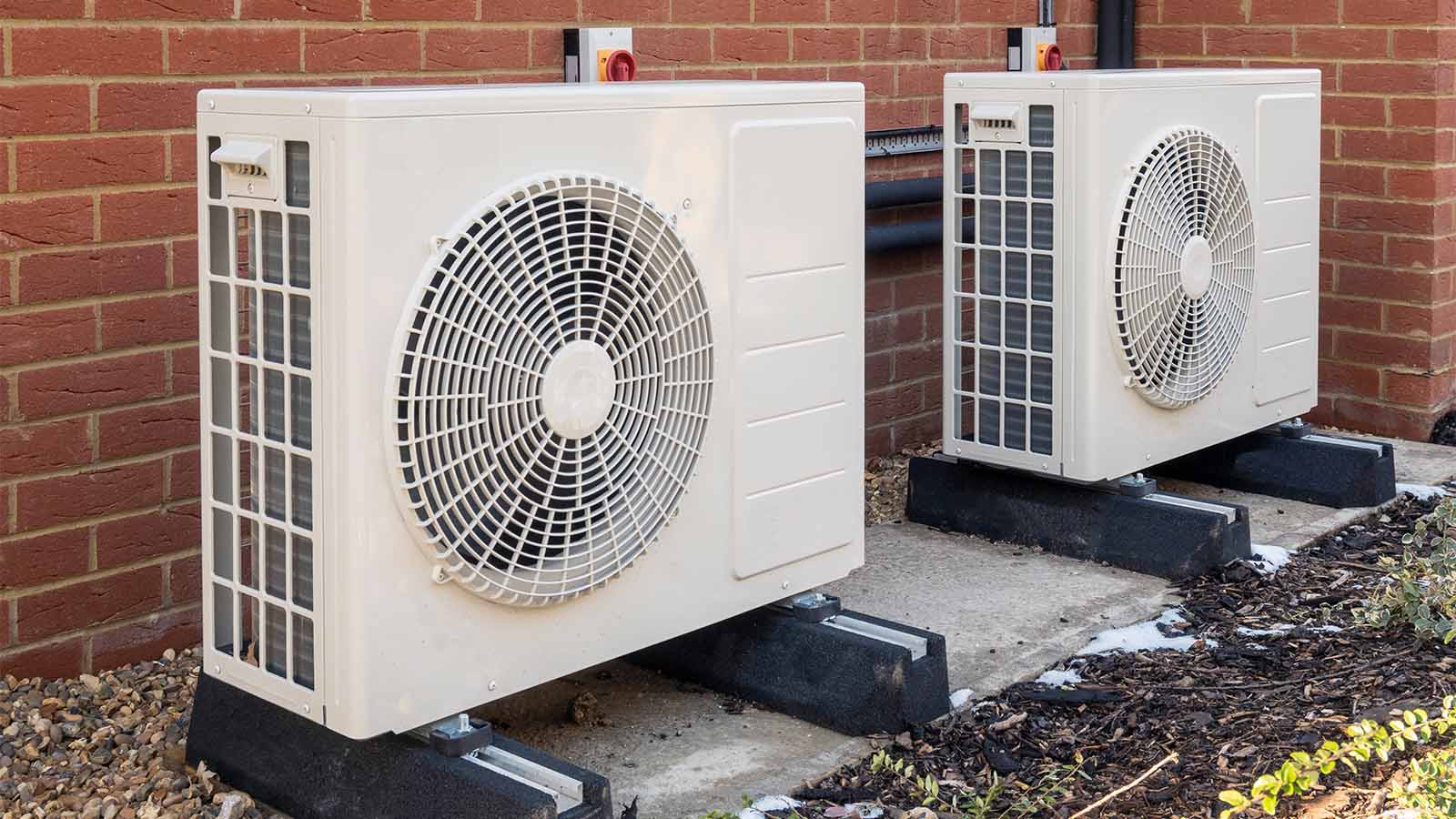
Image Source: home.howstuffworks.com
Furthermore, a heat pump system is more efficient than a furnace because it does not create heat but moves it. Therefore, although it does not generate its own heat, it can maintain a suitable temperature in your house.
Pros of Heat Pumps
- A heat pump system is easy to maintain and only needs to be serviced once annually.
- They are all-in-one systems that can entirely replace your existing HVAC technology.
- Heat pump systems are extremely quiet and easy to use.
- Cold climate heat pump systems are thrice as effective as furnaces and are the least expensive HVAC option.
- Mini-split heat pumps can allow temperature management on a room-by-room basis.
- Heat pump systems do not require ductwork, saving you money on installation.
- Home heating systems qualify for state and federal home improvement rebates, and your utility provider can also offer incentives for a heat pump upgrade.
- Many people prefer heat pump technology over furnace heat since the air is continually cycled and does not dry out, especially during winter.
- Heat pump systems usually use electricity and do not burn fossil fuels in your home to run, so there are no carbon monoxide risks as there are with oil or natural gas furnaces.
Cons of Heat Pumps
- If you live in a very cold region, you may need to back up your heat pump with another type of heating system during those abnormally cold weather events.
- Though a heat pump is more effective than the traditional heating system, the initial installation cost is higher than that of a furnace.
What’s a Furnace?
A furnace is quite a popular heating system in most households. It usually generates heat in your home by burning fuel, most often natural gas. Besides, a furnace distributes heat around the home.

Image Source: alpheating.ca
The basic components of a furnace are:
- A blower fan distributes heat throughout your home.
- The heat exchangers transfer heat.
- The burner burns the fuel.
- A flue acts as an exhaust for gaseous byproducts.
Pros of Furnaces
- The cost of installing a furnace is less than that of installing a heat pump.
- Some people prefer how furnace heat feels: cozy, dry, and close-feeling.
- Fast heating—a well-maintained furnace can heat a home almost instantly.
- Furnaces use standard technologies that most people are familiar with.
- Furnace comes in different heat sources, such as electric furnaces and natural gas furnaces.
Cons of Furnaces
- Furnaces can be noisy and make your house smell like burning dust.
- Furnaces consume up to three times as much energy as heat pumps.
- They need ducting, which may be costly to install and maintain.
- They may require more maintenance than heat pumps.
- Depending on your purchase type, a furnace may not last as long as a heat pump system.
- Depending on the fuel used, furnaces can add to air pollutants, which can be a major problem, especially for those with health issues.
- Furnaces can only supply heat; if your area gets hot in the summer, you will need to install separate air conditioners.
- Furnaces are ineffective at maintaining homes at a pleasant temperature throughout the day because they turn on and off constantly.
Heat Pump Vs. Furnace: Which Heat System Works Better?
1. Air Quality
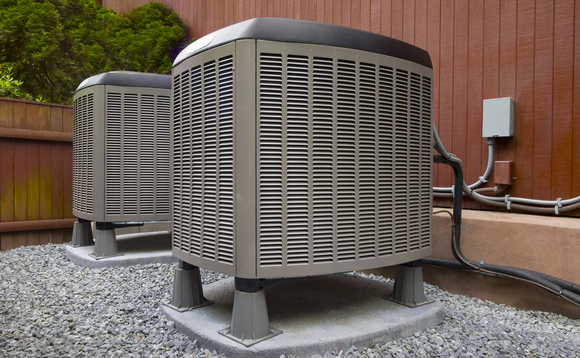
Image Source: businessgreen.com
When it comes to air quality, a heat pump outperforms a furnace. You can maintain the interior air quality of your house by performing regular furnace maintenance and changing the air filters. Besides, heat pumps do not emit carbon monoxide (CO); thus, there is no possibility of a CO leak.
On the other hand, the heated air from furnaces causes dry skin. And since heat pumps use moisture to heat the air, humidity levels are naturally higher.
2. Home Comfort
Generally, a gas furnace often produces hotter and drier heat. And it keeps producing heat irrespective of the outdoor temperature. On the other hand, heat pump systems usually circulate naturally humid, warm air that may not feel as hot— so they won’t dry out your skin as much as furnace heat.
Furthermore, heat pumps are incredibly versatile; they can cool your home in the summer. And, if you own an older house with no ductwork, a ductless mini-split system is a great option. However, they have some drawbacks; if temperatures go below minus 28-30 degrees Celsius, you might require a backup heating source.
3. Energy Efficiency
You want a more energy-efficient heating system, with climate change and high energy costs. As mentioned earlier, furnaces generate heat, but heat pumps only transfer it. And so, heat pumps use far less energy to operate. They’re electric, heat pumps use less energy and heat efficiently, more than a furnace. And under ideal conditions, a heat pump can transmit up to 300 percent more energy than it uses.
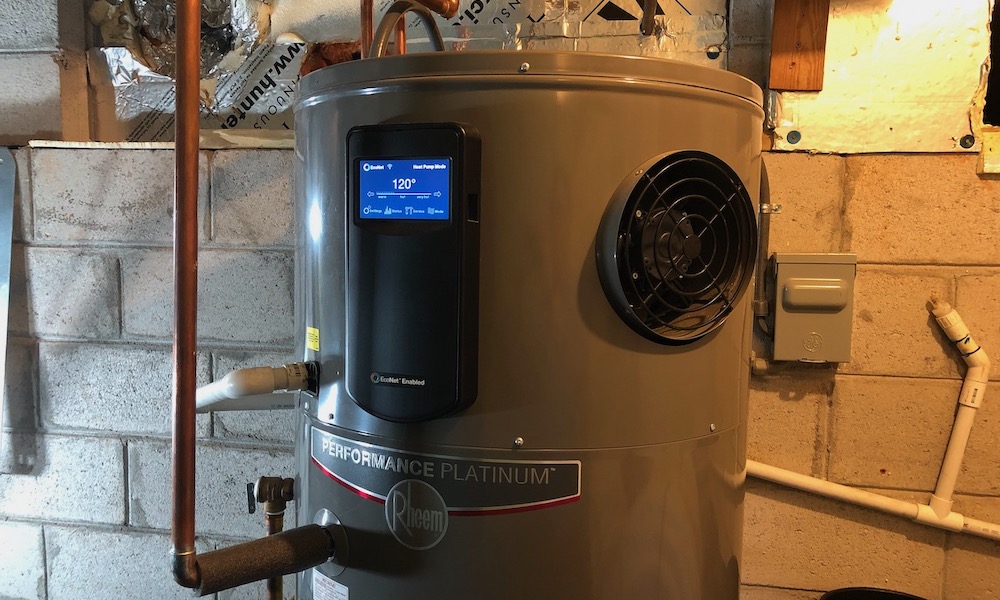
Image Source: energyvanguard.com
On the other hand, gas furnaces with high efficiency are only around 95% efficient. Because of its efficiency, several air-source heat pumps have achieved the ENERGY STAR label. Keep in mind that the HVAC system’s efficiency reduces if there are dust, debris, and leaks in the air ducts. Therefore, ensure you clean your duct system regularly.
However, keep in mind that heat pumps must work more than furnaces in cold weather to keep your house warm. So, a furnace can be more energy efficient if you live in a cold region.
4. Expected Lifespan
Heat pump vs. furnace, what’s the comparison when it comes to lifespan? Heat pumps have a reduced life lifespan since they are operated all year. A heat pump will last 10-15 years in a state like Toronto. On the other hand, a well-maintained gas furnace will last for at least 15 years, maybe even 20. Furnaces contain fewer motorized parts and are only used during the year’s colder months.
5. Space
Furnaces are usually installed indoors and require at least 30 inches of space on all sides. A heat pump needs 24 inches of clearance and is placed outdoors. On the other hand, a traditional air-source heat pump system requires an indoor air handler device (a fan coil).
6. Installation Costs

Image Source: robertbpayne.com
Heat pump installation may be more expensive than furnace replacement, but this depends on multiple factors. The installation cost depends on factors such as access to natural gas, the equipment, and wiring in your home, the desired setup of the new system, the quality of existing ducting, and others. Heat pumps are usually less expensive than furnaces, so any extra upfront expenses are rapidly recouped.
7. Cold Weather Effectiveness
A gas furnace uses fuel to generate heat even on the coldest days. If the outdoor air temperature often dips below freezing, a heat pump may struggle to produce enough heat to keep your house warm. However, supplemental systems, such as cold climate heat pumps, work well on the coldest days. Unfortunately, these supplemental heat systems consume a lot of energy, eliminating the energy-saving benefits if used often.
8. Maintenance
Both heating systems require regular maintenance to last longer and run more effectively. However, both systems feature air filters that you can easily replace. Besides, a typical residential heat pump system consists of an outdoor and indoor unit that should be cleaned and inspected yearly.

Image Source: princeedwardisland.ca
On the other hand, a gas furnace doesn’t require an outdoor unit, though it’s often paired with a central air conditioner unit. As a result, the furnace’s maintenance requirements are fewer than those of a heat pump. As a result, your heat pump’s long-term maintenance expenses will be higher.
Frequently Asked Questions on Heat Pump Vs. Furnace
1. Which is less expensive to operate: A heat pump vs. A gas furnace?
Heat pumps are often less expensive to operate than gas furnaces; however, this often depends on energy rates in your state. Generally, heat pumps are up to three times more efficient than typical heating systems, such as gas furnaces, requiring less energy to initiate the same heat. This can significantly reduce your home’s energy waste.
2. Do you require both furnace and a heat pump?
No, most homes do not require both furnace and a heat pump. A heat pump system can provide your home’s heating and cooling. However, if you live in a very cold region, we recommend supplementing your heat pump with another heating source.
3. What state prohibits the use of natural gas furnaces?
California is committing to become the first state in the United States to do away with gas-powered furnaces and water heaters in households. The objective is to help ease the climate crisis by reducing greenhouse-gas emissions. Besides, the commitment is part of the state’s broader strategy to achieve a federal 70 parts per billion, 8-hour ozone standard during the next 15 years.
4. Should I replace a furnace with a heat pump?
Heat pumps are safer, more energy-efficient, and ecologically friendly than gas and oil furnaces. In addition, they do not create harmful byproducts associated with burning gas or oil since they are powered by electricity.
Featured Image Source: forbes.com

